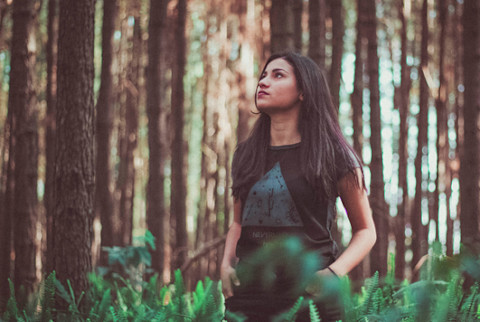
1. Feeling stressed? Go for a forest bath.
We all know that spending time outside is good for us, but studies extol the virtues of forest bathing, or spending time among the trees with a certified forest therapy guide. In addition to a boost of mindfulness, forest bathing leaves us with improved mood and immunity. (NPR)
2. Enjoy your wine more by pouring it in the right glass.
A new study shows that serving wine in a larger glass actually increases the amount of time it takes to consume it. This is the inverse for food, as older studies show that people eat more off larger plates. (PsyPost)
3. Extreme workouts are having negative health effects.
Here's another reason to take your workouts down a notch: As people have started taking on activities like CrossFit and regular spin at full speed, their bodies are rebelling. As doctors see more patients come in for exercise-related illnesses and injuries, they've started cautioning exercisers to slow down. (NYT)
4. The negative side effects of sleep deprivation just seem to keep increasing.
We already know that not getting enough sleep is bad news for our physical health, increasing our risk for heart disease, diabetes, and stroke. But mounting evidence suggests it hurts our mental health, too. A new study shows a correlation between sleep deprivation and negativity. (Shocker.) And the inability to be positive is a symptom of depression, which, if unaddressed, can be dangerous. Just one more reason to catch those Z's. (Science Daily)
5. Think all pests are bad? Think again.
By now, we know that the chemicals in pesticides aren't so great for human or environmental health. And a new study just added another concern: They can raise the prevalence of parasitic disease by killing off valuable insect predators. In particular, pesticides can kill off the bugs that fight parasitic flatworms that carry disease. (Science)
6. Your bread can tell you more about your microbiome than you think.
A new citizen-science initiative called the Sourdough Project seeks to answer questions about microbial ecosystems, which are found everywhere from breads to our guts to the ocean. "Just like how people can take a mouse and learn human biology, we're taking fermented foods and trying to learn about microbiomes," the founder of the initiative said. (NPR)
